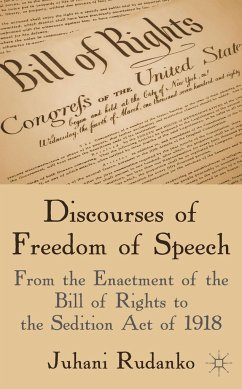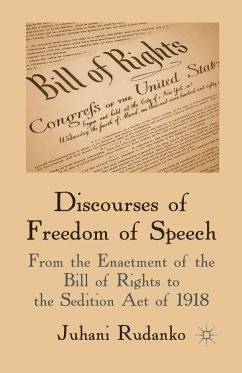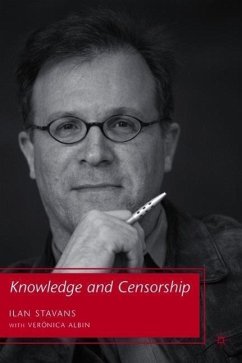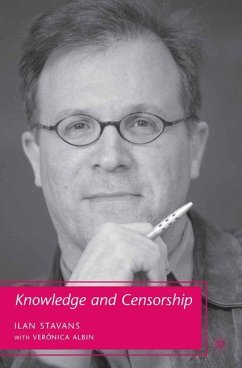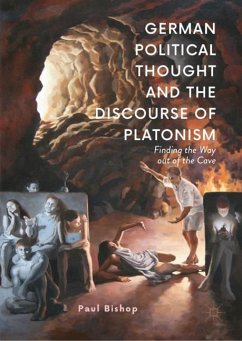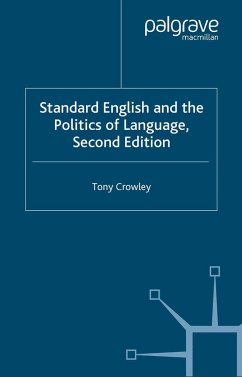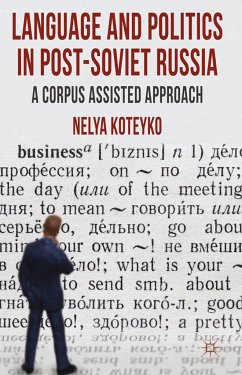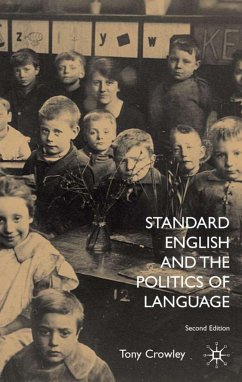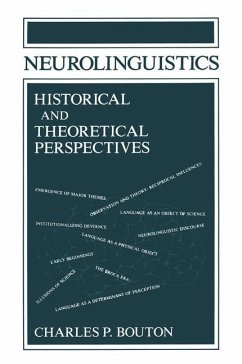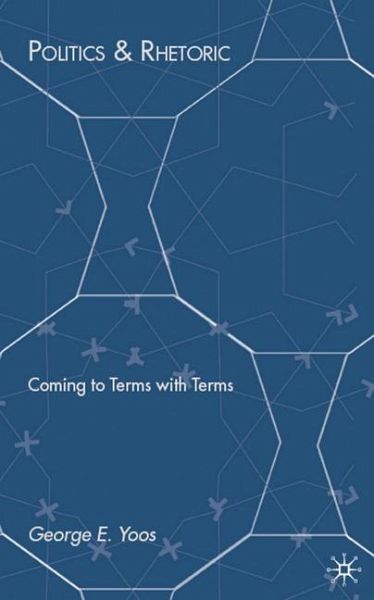
Politics & Rhetoric
Coming to Terms with Terms
Versandkostenfrei!
Versandfertig in 6-10 Tagen
38,99 €
inkl. MwSt.

PAYBACK Punkte
19 °P sammeln!
Interpretation and definition as rhetorical and logical modes are interactive in determining and précising meaning that transcends our repertoire of literal usage. Refining language use gives us the opportunity and freedom to explore and discover what never has been thought about, used, or expressed before.






